My First $1 Million: Retired Accounting Firm Partner, 62, Greater Boston Area
"I never met Warren Buffett and Charlie Munger personally, but reading all they wrote and listening to them speak, I feel like they mentored me."

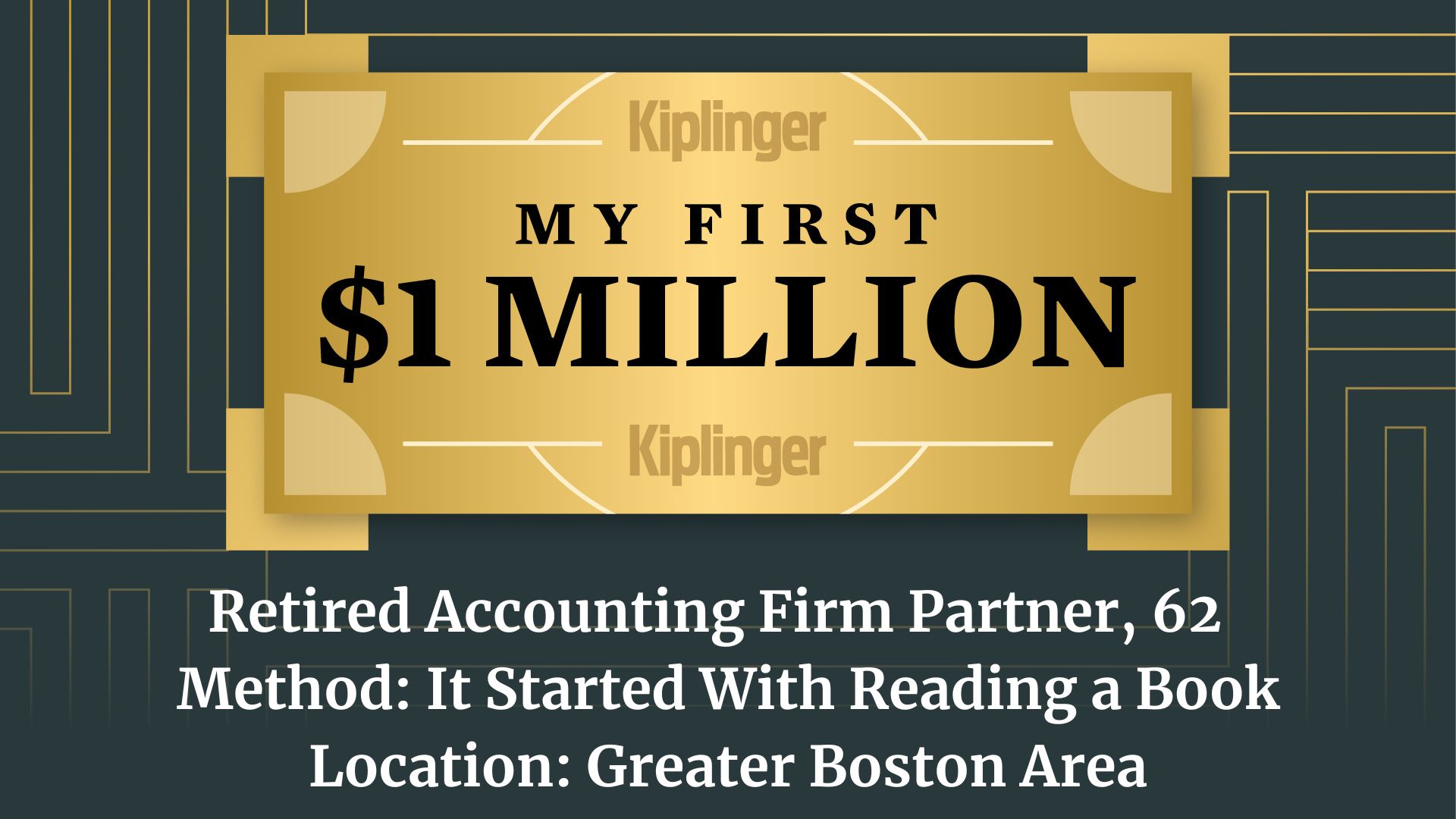
Profit and prosper with the best of Kiplinger's advice on investing, taxes, retirement, personal finance and much more. Delivered daily. Enter your email in the box and click Sign Me Up.
You are now subscribed
Your newsletter sign-up was successful
Want to add more newsletters?
Welcome to Kiplinger's My First $1 Million series, in which we hear from people who have made $1 million. They're sharing how they did it and what they're doing with it. This time, we hear from a married 62-year-old man who retired as a partner at an accounting firm in the Greater Boston area.
See our earlier profiles, including a writer in New England, a literacy interventionist in Colorado, a semiretired entrepreneur in Nashville and an events industry CEO in Northern New Jersey. (See all of the profiles here.)
Each profile features one person or couple, who will always be completely anonymous to readers, answering questions to help our readers learn from their experience.
From just $107.88 $24.99 for Kiplinger Personal Finance
Become a smarter, better informed investor. Subscribe from just $107.88 $24.99, plus get up to 4 Special Issues

Sign up for Kiplinger’s Free Newsletters
Profit and prosper with the best of expert advice on investing, taxes, retirement, personal finance and more - straight to your e-mail.
Profit and prosper with the best of expert advice - straight to your e-mail.
These features are intended to provide a window into how different people build their savings — they're not intended to provide financial advice.
THE BASICS
How did you make your first $1 million?
Out of college, my starting salary was $20,000 per year. Shortly thereafter, I read the book The Millionaire Next Door, and it instantly changed my view of accumulating wealth and started me on the path to financial independence.
It took me 42 years to make my first million. It took 14 months to make my last.
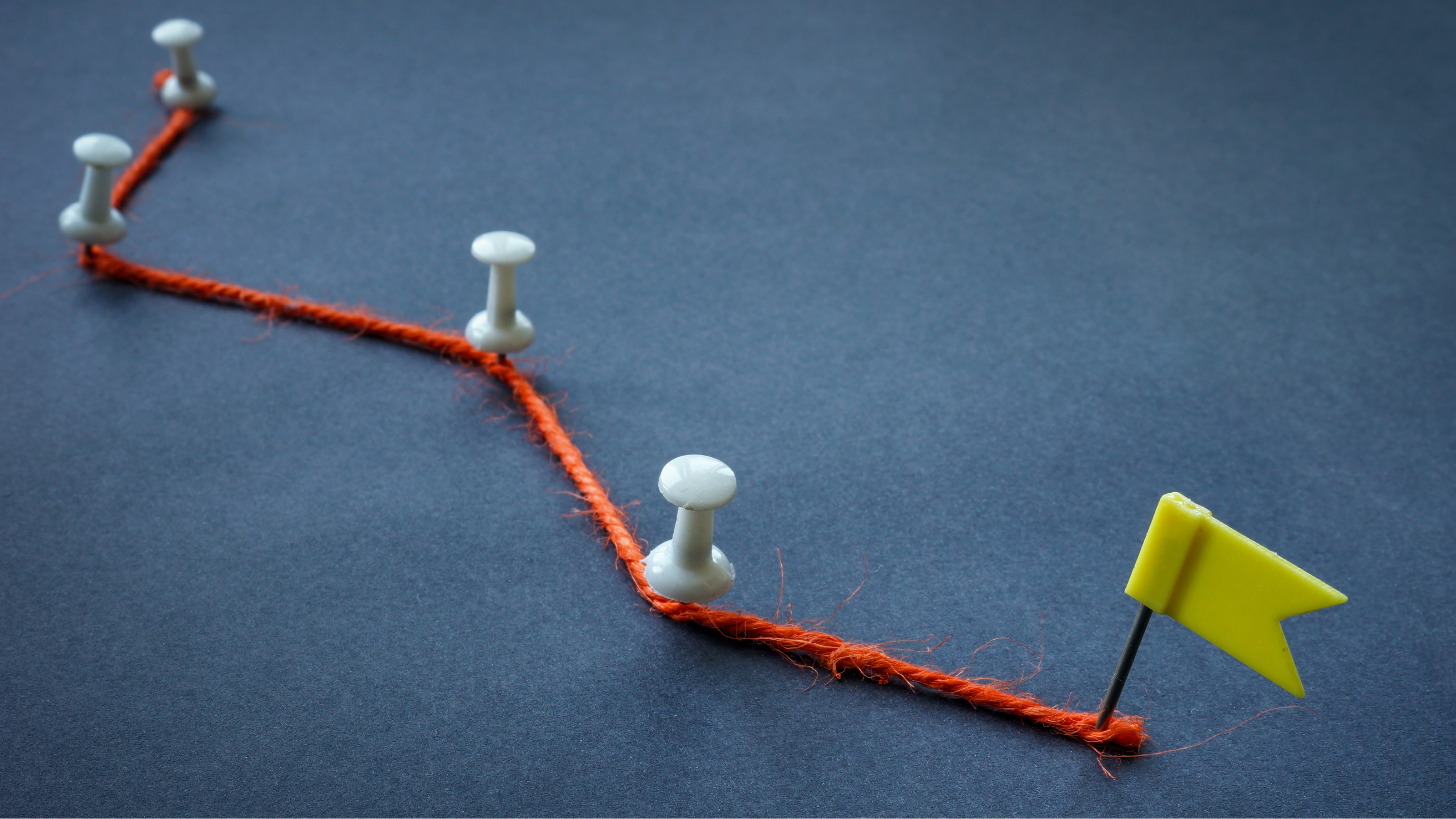
What are you doing with the money?
The first million was a wonderful milestone, but it wasn't the end game. At that point, I realized I would need north of $1 million to achieve financial freedom, so I continued on my journey: saving, investing and periodically updating my plan.
THE FUN STUFF
Did you do anything to celebrate?
Nope.
What is the best part of making $1 million?
The knowledge that my planning process worked and is working!
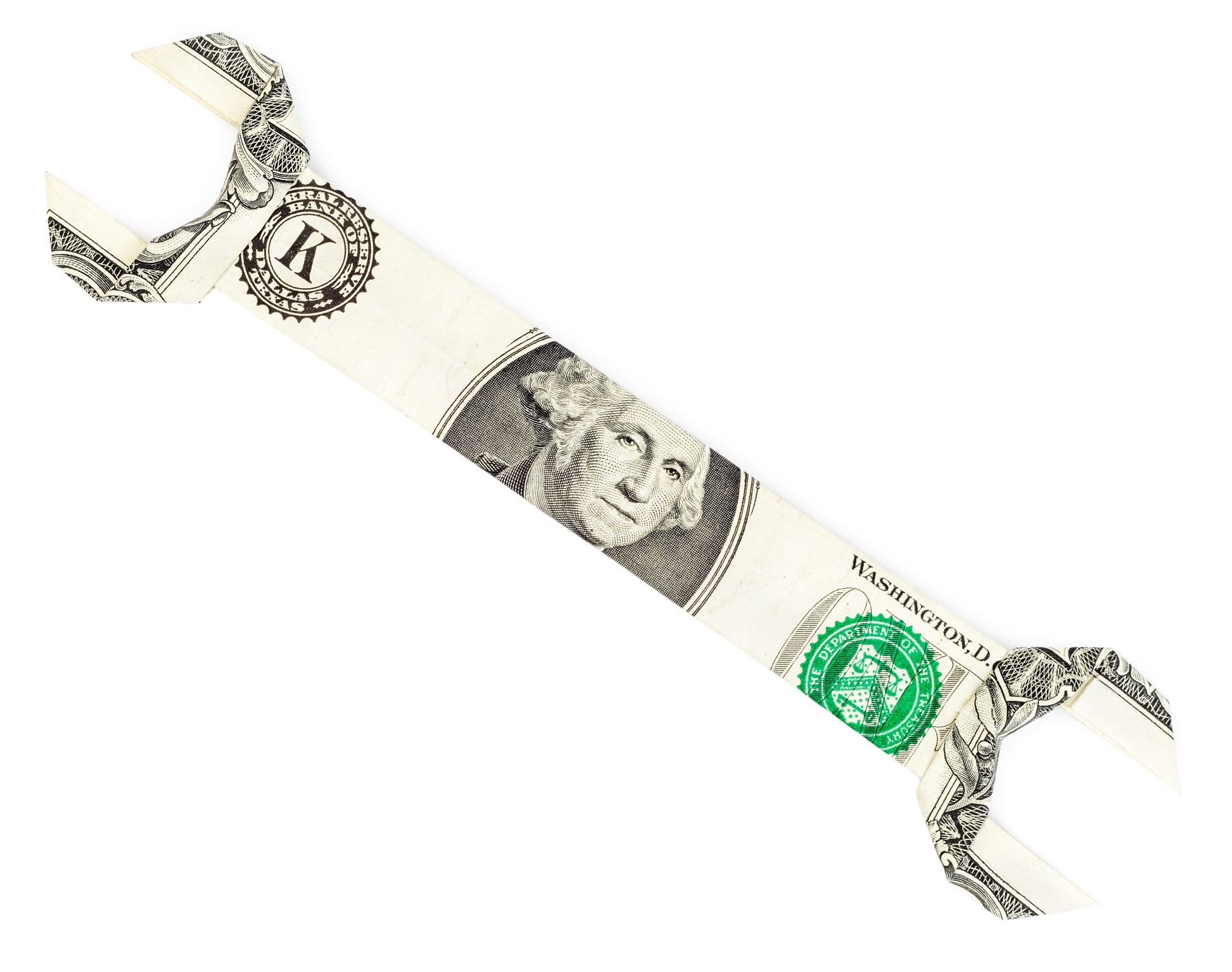
Did your life change?
The first million was a huge confidence booster, but it also helped me realize that money is a tool, not a goal. It got me thinking about what I want to accomplish in life. From that point on, I focused on giving each dollar a purpose.
How early did you retire?
I achieved financial independence at 52, retired at 56, and now I'm enjoying the freedom money provides.
LOOKING BACK
Anything you would do differently?
I was in my late 20s before I started to take wealth accumulation seriously. I wish I would have learned about the power of compounding, in all aspects of life, sooner.
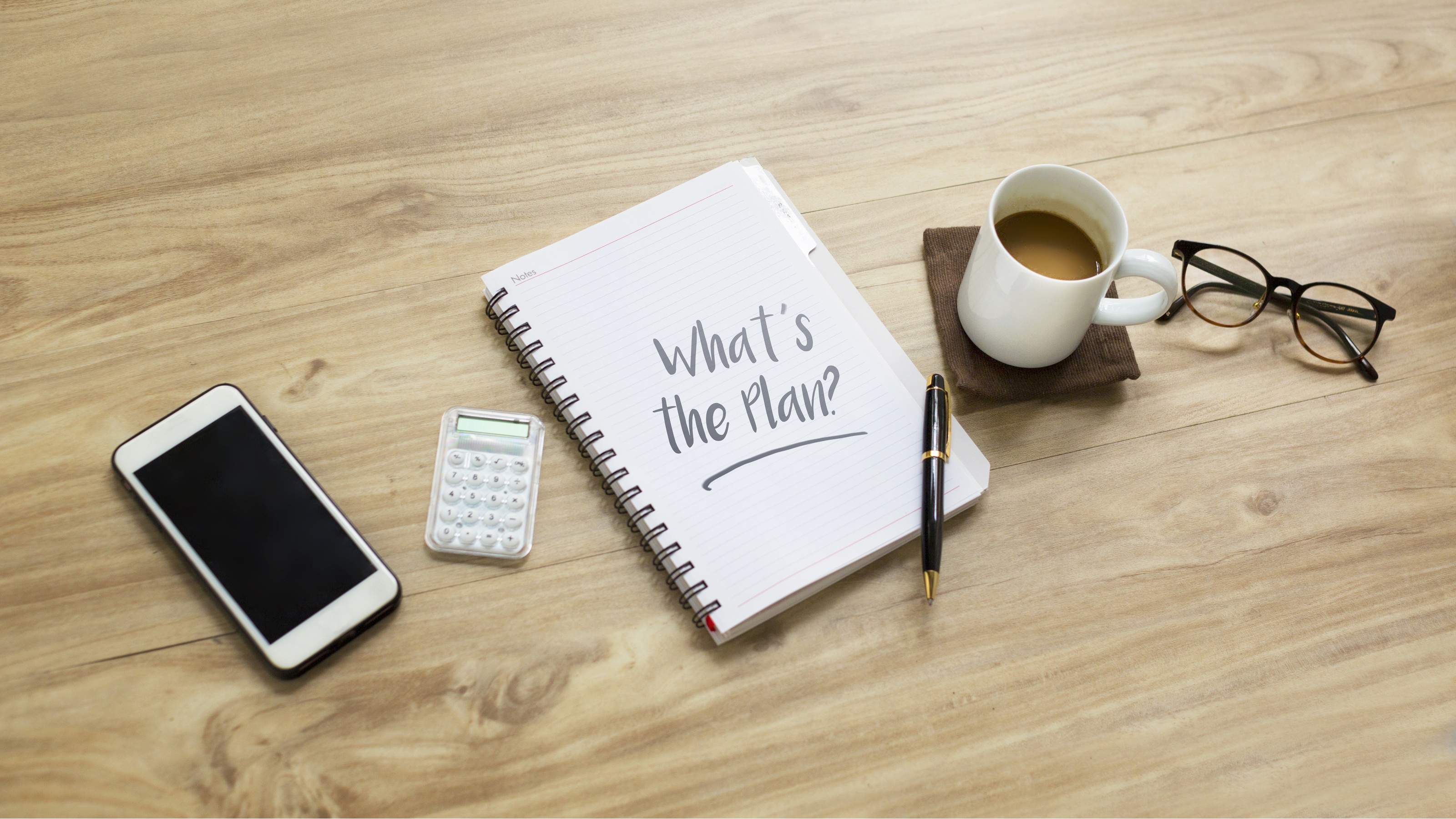
Did you work with a financial adviser?
I'm a DIY planner. Wealth accumulation isn't rocket science, but it does require diligence, patience and a willingness to self-educate.
Did anyone help you early on?
Business partners and Warren Buffett and Charlie Munger. I never met them personally, but reading all they wrote and listening to them speak, I feel like they mentored me with practical, wholesome and pointed advice.
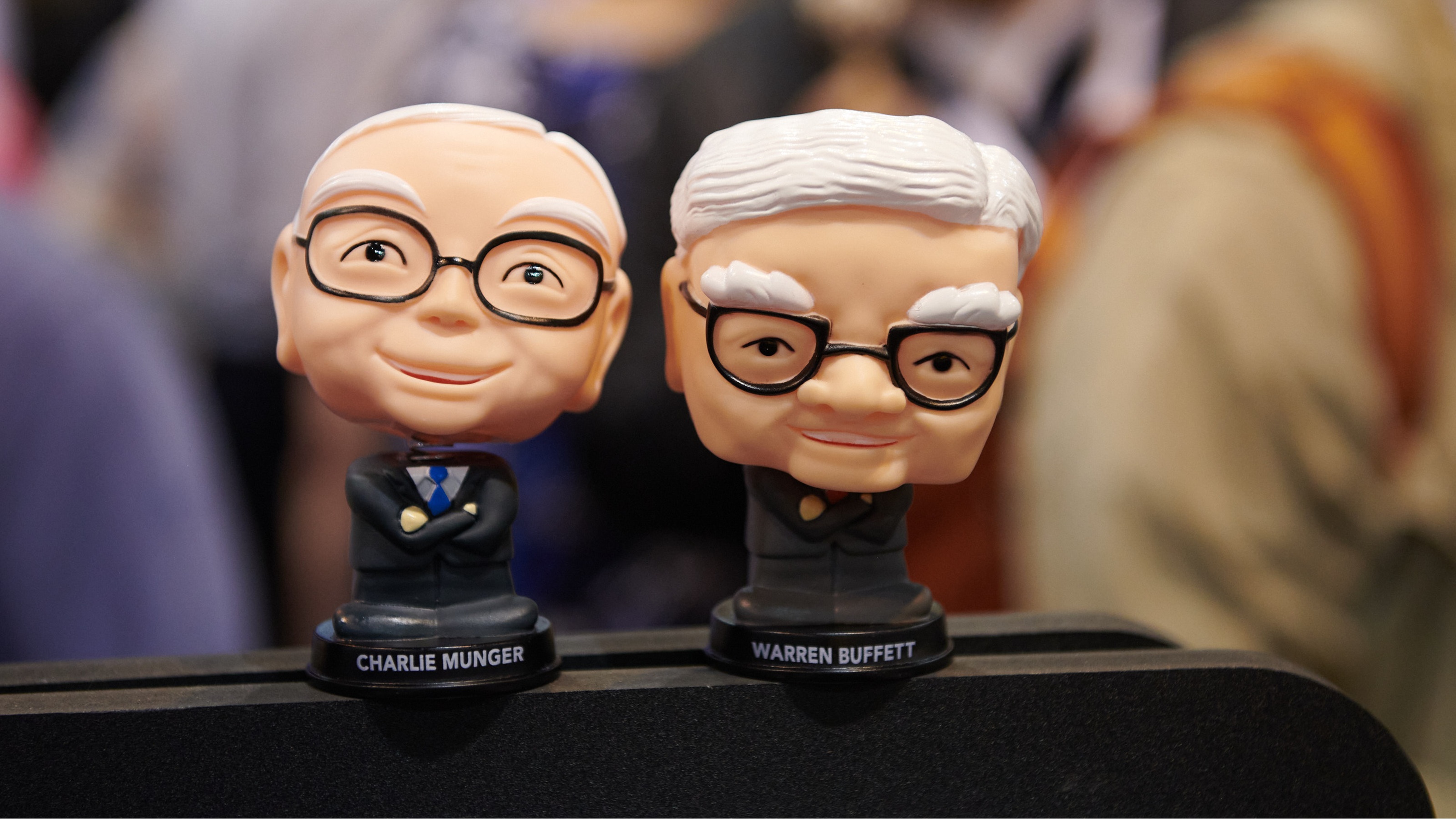
Bobbleheads depict Berkshire Hathaway CEO Warren Buffett, right, and former vice chairman Charlie Munger.
What would you tell your younger self?
Money is an important piece of your life's quest, but it's not the whole picture. Take moments, and spend some money, to enjoy the journey.
Money provides the opportunity to explore what happiness means for you and those with whom you choose to share your time, energy and love.
LOOKING AHEAD
Any advice for others trying to make their first $1 million?
If it's worth having, it's worth getting. Get control of your finances by knowing exactly where you are starting (income, expenses, assets, debt) and devise a plan to get from today to $1 million. A goal without a plan is just a dream.
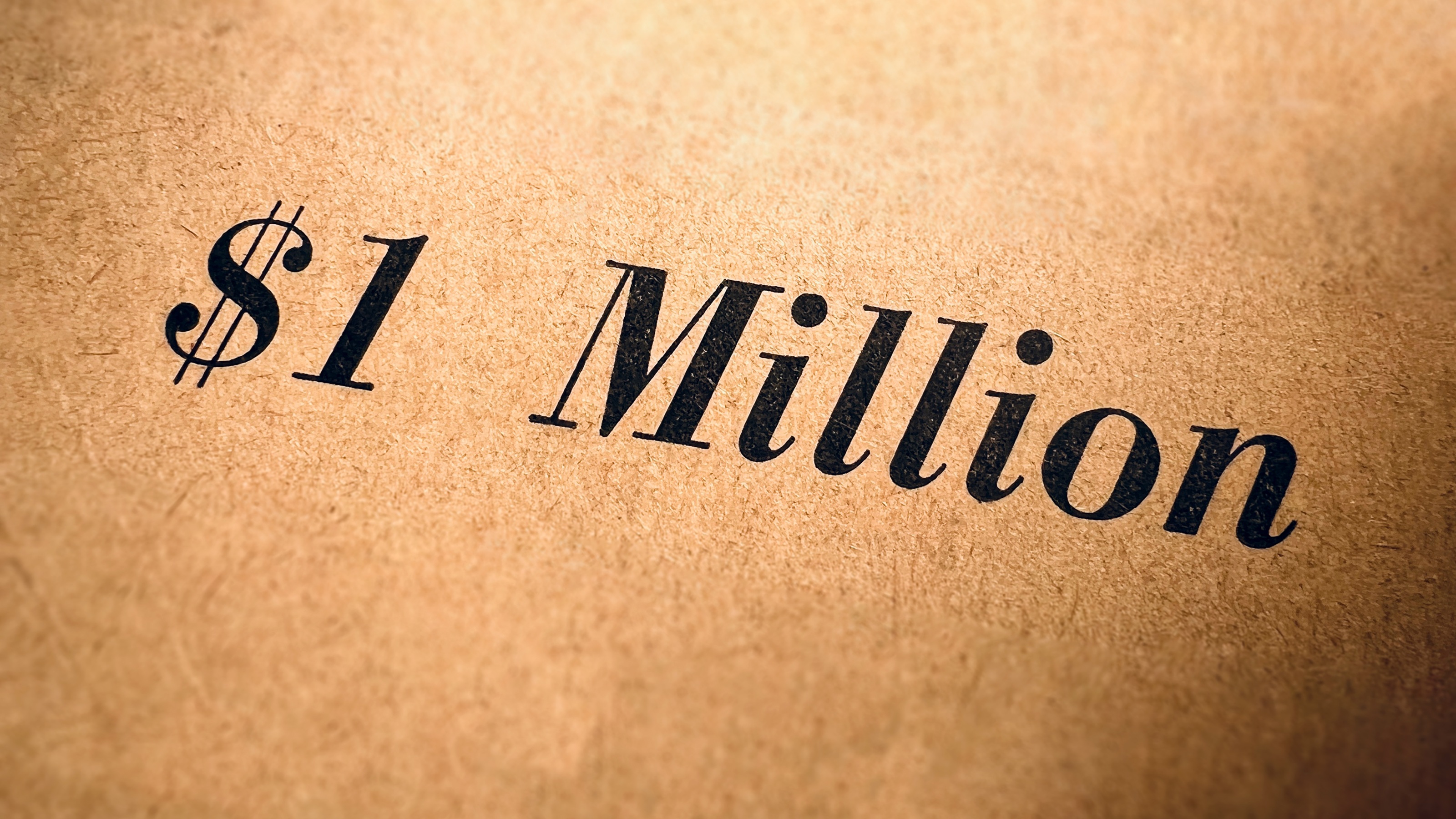
Do you have an estate plan?
Once I realized I was creating generational wealth, estate planning became significantly more important. Find a good estate planner and discuss your options to efficiently transfer assets to your spouse and/or the next generation.
What do you wish you'd known …
When you first started saving and investing? The true power of compounding.
If you have made $1 million or more and would like to be anonymously featured in a future My First $1 Million profile, please fill out and submit this Google Form or send an email to MyFirstMillion@futurenet.com to receive the questions. We welcome all stories that add up to $1 million or more in your accounts, although we will use discretion in which stories we choose to publish, to ensure we share a diversity of experiences. We also might want to verify that you really do have $1 million. Your answers may be edited for clarity.
RELATED CONTENT
- You're 62 Years Old With $1 Million Saved: Can You Retire?
- Want to Earn $1 Million More Over Your Lifetime? Do This
- Do You Have at Least $1 Million in Tax-Deferred Investments?
- Are You Rich? U.S. Net Worth Percentiles Can Provide Answers
- Compare Your Net Worth by Age
Profit and prosper with the best of Kiplinger's advice on investing, taxes, retirement, personal finance and much more. Delivered daily. Enter your email in the box and click Sign Me Up.
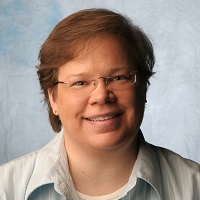
As Contributed Content Editor for the Adviser Intel channel on Kiplinger.com, Joyce edits articles from hundreds of financial experts about retirement planning strategies, including estate planning, taxes, personal finance, investing, charitable giving and more. She has more than 30 years of editing experience in business and features news, including 15 years in the Money section at USA Today.
-
 Thinking of Switching Phone Carriers? Do These 8 Things First
Thinking of Switching Phone Carriers? Do These 8 Things FirstSwitching carriers is easier than ever, but overlooking the fine print could cost you. Here’s what to check before you make the move.
-
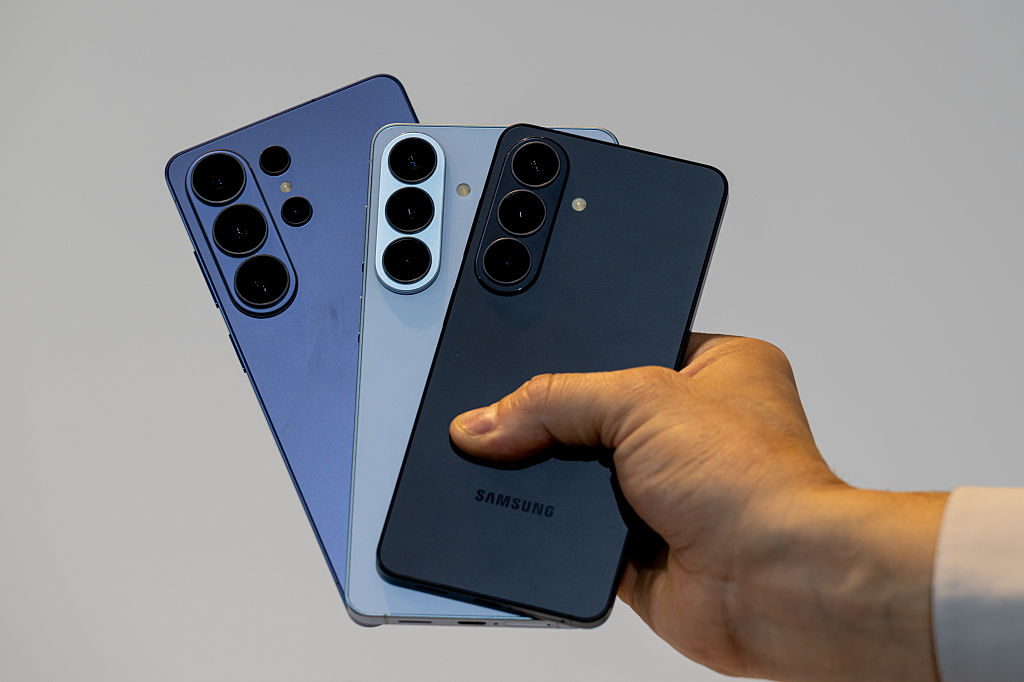 Samsung Galaxy S26 Ultra: What to Know Before You Upgrade
Samsung Galaxy S26 Ultra: What to Know Before You UpgradeThe Galaxy S26 Ultra brings new features and strong launch deals, but whether it’s worth upgrading depends on what you already own.
-
 Nasdaq Soars Ahead of Nvidia Earnings: Stock Market Today
Nasdaq Soars Ahead of Nvidia Earnings: Stock Market TodayWednesday's risk-on session was sparked by strong gains in tech stocks and several crypto-related names.
-
 What Is an Assumable Mortgage and Could It Save You Thousands?
What Is an Assumable Mortgage and Could It Save You Thousands?With mortgage rates still elevated, taking over a seller’s existing home loan could lower monthly payments — if the numbers work.
-
 Have You Fallen Into the High-Earning Trap? This Is How to Escape
Have You Fallen Into the High-Earning Trap? This Is How to EscapeHigh income is a gift, but it can pull you into higher spending, undisciplined investing and overreliance on future earnings. These actionable steps will help you escape the trap.
-
 I'm a Financial Adviser: These 3 Questions Can Help You Navigate a Noisy Year With Financial Clarity
I'm a Financial Adviser: These 3 Questions Can Help You Navigate a Noisy Year With Financial ClarityThe key is to resist focusing only on the markets. Instead, when making financial decisions, think about your values and what matters the most to you.
-
 Where Olympians Store Their Medals is a Great Lesson For Your Valuables and Cash
Where Olympians Store Their Medals is a Great Lesson For Your Valuables and CashWhat you can learn about protecting your cash and values from where Olympians store their medals.
-
 An Executive's 'Idiotic' Idea: Skip Safety Class and Commit a Federal Crime
An Executive's 'Idiotic' Idea: Skip Safety Class and Commit a Federal CrimeSeveral medical professionals reached out to say that one of their bosses suggested committing a crime to fulfill OSHA requirements. What's an employee to do?
-
 How You Can Use the Financial Resource Built Into Your Home to Help With Your Long-Term Goals
How You Can Use the Financial Resource Built Into Your Home to Help With Your Long-Term GoalsHomeowners are increasingly using their home equity, through products like HELOCs and home equity loans, as a financial resource for managing debt, funding renovations and more.
-
 How to Find Free Money for Graduate School as Federal Loans Tighten in 2026
How to Find Free Money for Graduate School as Federal Loans Tighten in 2026Starting July 1, federal borrowing will be capped for new graduate students, making scholarships and other forms of "free money" vital. Here's what to know.
-
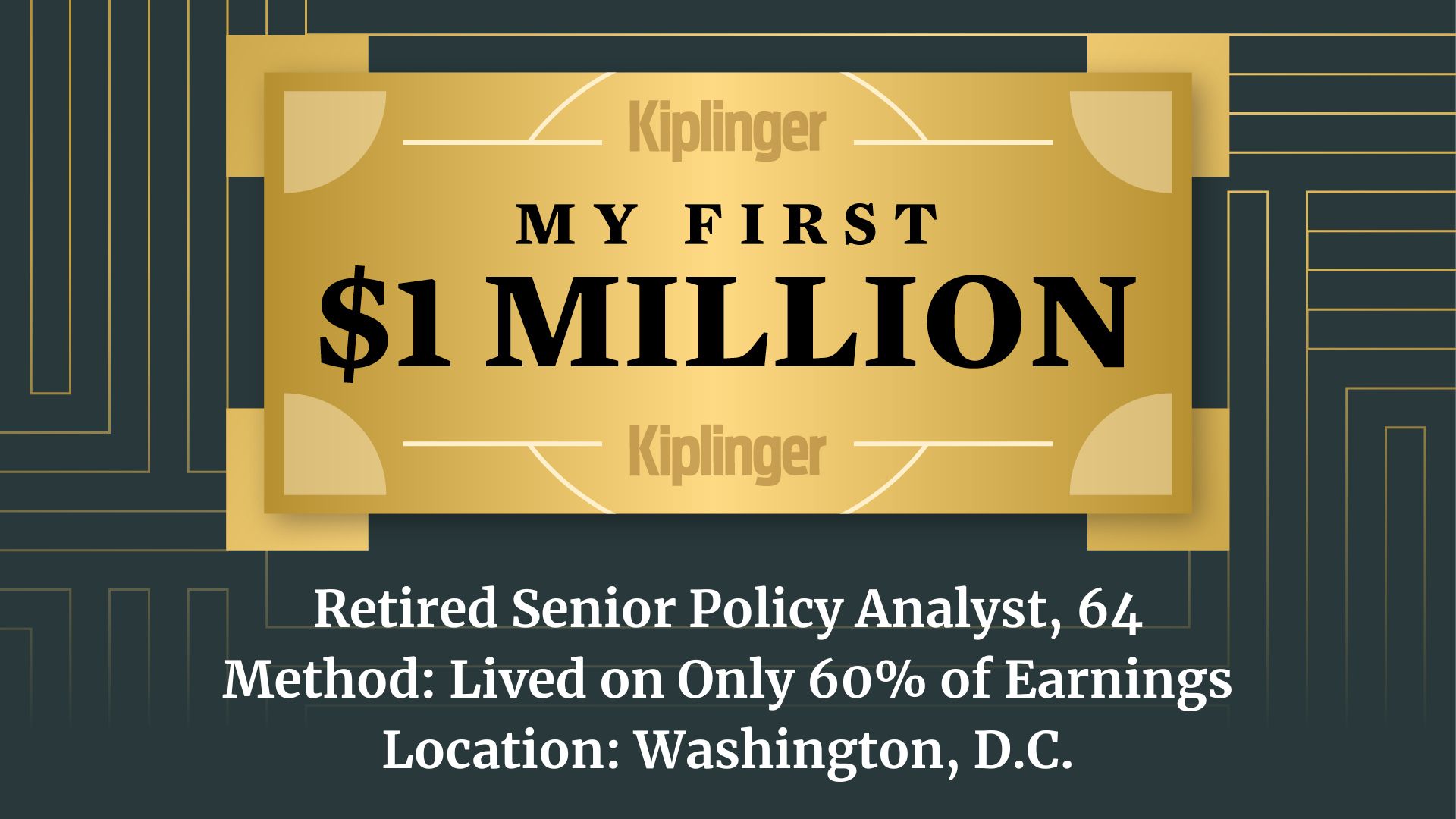 My First $1 Million: Retired Senior Policy Analyst, 64, Washington, D.C.
My First $1 Million: Retired Senior Policy Analyst, 64, Washington, D.C.Ever wonder how someone who's made a million dollars or more did it? Kiplinger's My First $1 Million series uncovers the answers.